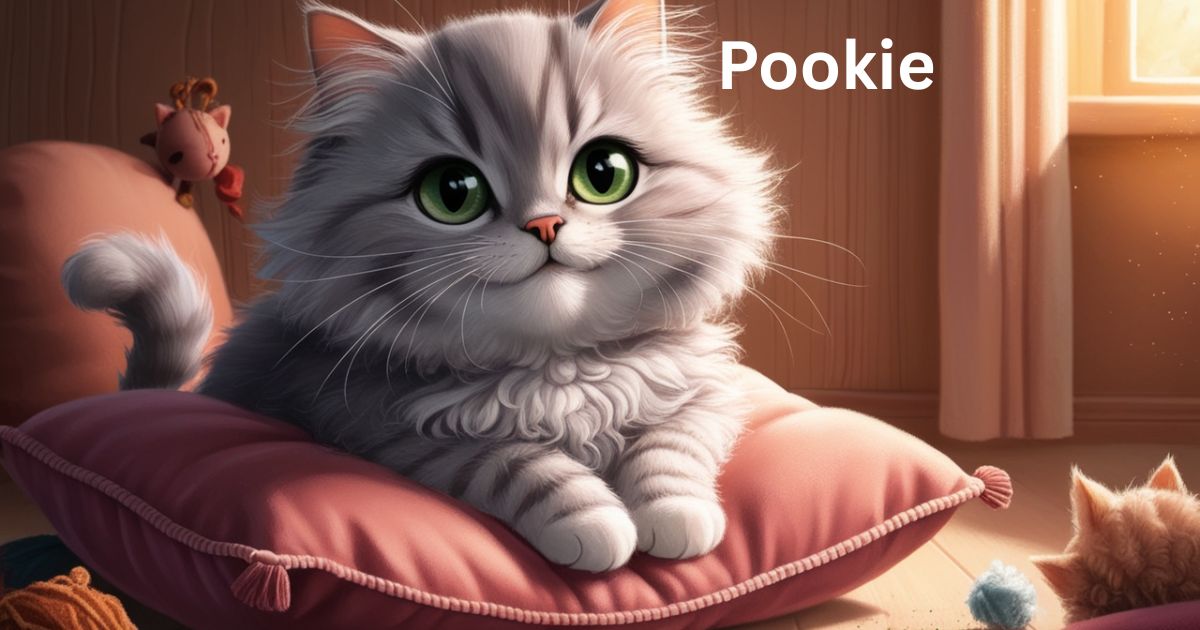The English language contains numerous expressions and terms that individuals employ to address one another, and understanding these colloquialisms can sometimes present challenges. One particularly noteworthy term that has gained widespread recognition is “pookie.”
Pookie serves as an affectionate designation that individuals commonly use when addressing their romantic partners or beloved pets. However, this seemingly simple word encompasses a more complex linguistic landscape that warrants detailed examination. Understanding the etymological background and proper contextual application of this term provides valuable insight into contemporary communication patterns.
This comprehensive analysis will provide complete clarity regarding this fascinating expression and its various applications in modern discourse.
The Meaning Of Pookie
As previously established, pookie functions primarily as a term of affection that individuals employ to address someone they hold in high regard or deep emotional attachment. This designation can extend to encompass pets and other cherished companions.
No strict parameters govern the appropriate recipients of this particular expression, allowing for both romantic and platonic applications. Consequently, one might address a spouse as pookie while equally applying the term to children or household pets.
When someone receives the designation of pookie, it signifies their important position within the speaker’s personal relationships and indicates substantial emotional value.
Nevertheless, it bears noting that pookie can also carry alternative connotations, particularly when used to describe individuals struggling with crack cocaine addiction. Persons affected by this substance dependency are sometimes referred to as “pookies” in certain contexts.
The following section will demonstrate practical applications of this term through various examples.
Examples Of Pookie
Providing concrete illustrations of this phrase’s usage will enhance understanding of its practical applications. You might encounter or employ this term in the following circumstances:
“Good evening pookie, I remain at the office but will depart shortly. Do you require anything from the market?”
“We recently acquired an exceptionally charming kitten whom we have named Mittens. She has become our precious little pookie.”
“You should visit to meet our little pookie. She arrived three weeks ago, and you can come to make her acquaintance. I find it remarkable that I have become a father.”
“Hello pookie, would you care for something to eat?”
“You understand, pookie, sometimes you can present certain challenges, though I say this with affection.”
“I cherish you deeply, pookie, and eagerly anticipate spending my future with you.”
“Did you observe that individual struggling with addiction near the subway station yesterday evening? What a unfortunate situation. I will avoid that area in the future.”
“Garfield named his stuffed animal something specific, but what was it exactly? Ah yes, Pookie.”
“Pookie, you bring me such joy.”
“Pookie, you have a remarkable effect on me.”
Other Ways To Say Pookie
Depending upon the recipient and context of your communication, numerous alternative expressions can convey similar sentiment to pookie.
For instance, when addressing a spouse, one might say “Good evening, darling. How has your day progressed?”
“Have you seen my small feline companion? She is my precious little sweetheart.”
“Did you notice that person struggling with substance abuse near the transit station? What an unfortunate individual.”
Origins Of Pookie
Based on available research, the etymological roots of pookie trace back to traditional German terminology used when addressing children. The adoption of “pookie” within American English occurred considerably later in linguistic history. Notable early appearances include a children’s literary work featuring a rabbit character named “Pookie” during the 1950s, as well as a lion puppet character bearing the same name on the Soupy Sales Show.
In various international languages, “pookie” serves as the equivalent of calling someone “sweetheart,” “honey,” or “beloved” in Hawaiian linguistic traditions. However, some sources indicate that the word translates to “fart” in the Tulu language.
While most users understand this word as an expression of affection, Generation X individuals and baby boomers will particularly remember Garfield’s stuffed bear being named “Pookie,” and this reference likely represents their strongest association with the term.
Since Garfield, created by Jim Davis, has maintained cultural relevance for multiple decades and continues to reach contemporary audiences, the phrase’s usage has become increasingly widespread across all age demographics.
The term has achieved such mainstream recognition that it received its inaugural entry on the popular reference website “Urban Dictionary” during the mid-2000s.
It should be noted that the origins of using pookie to describe individuals affected by crack cocaine addiction remain unclear, though this usage stems from the smoking apparatus being referred to as a pookie. This particular application likely emerged during the mid-1980s through early 1990s.
However, this represents a less commonly accepted usage of the phrase, so it does not enjoy the same mainstream recognition as the affectionate application.
Conclusion
Pookie primarily functions as an endearing term that individuals can employ when addressing someone they care for deeply, including spouses, close friends, children, or cherished pets. This analysis has provided comprehensive guidance for understanding and appropriately utilizing this popular expression in contemporary communication.

Hello, I’m Daisy Sadie, a writer at Azaadpuns. I explore the dynamic world of puns and wordplay, delivering captivating linguistic twists that will make you laugh and groan. Join me on Azaadpuns.com for the latest in clever wordplay that makes language fun again.

